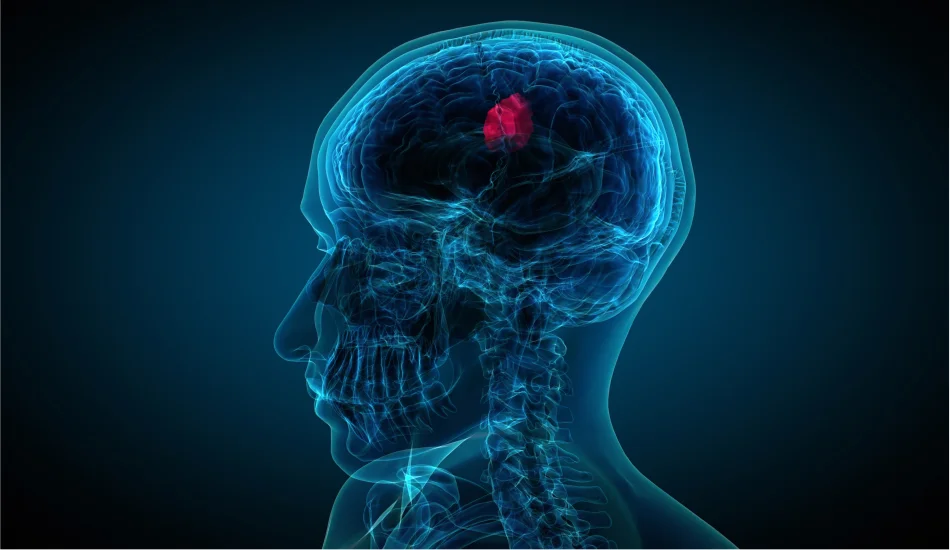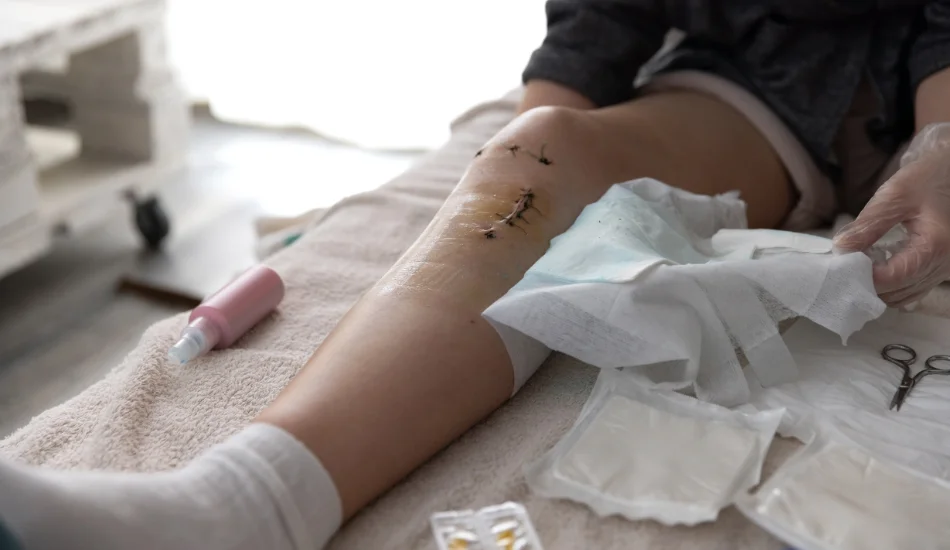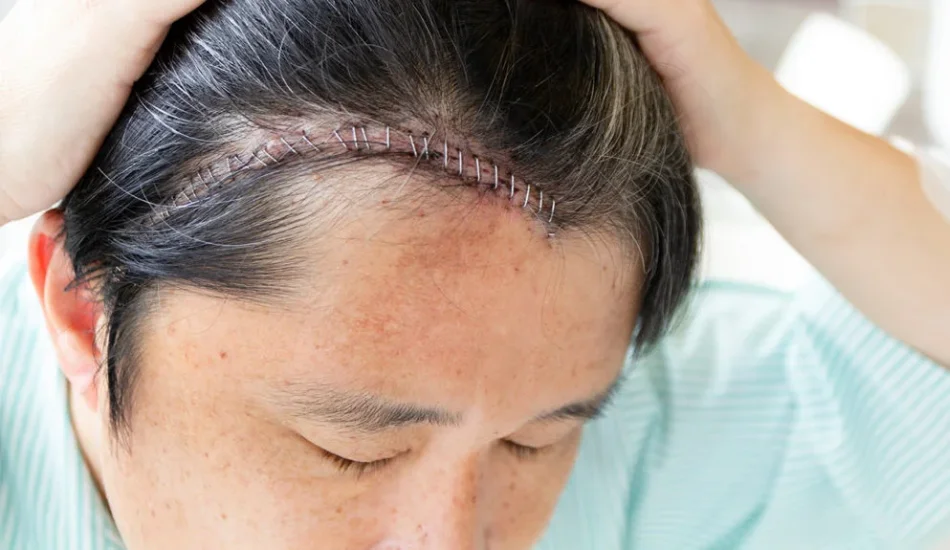
Brain tumor surgery is an life-altering experience. From diagnosis to recovery is usually marked by uncertainty, obstacles and major physical and emotional adjustments. This blog will provide complete information of what to expect following the brain tumor surgery and provide practical guidance regarding how to handle this crucial period in your journey.
Understanding Brain Tumor Surgery
The brain tumor surgery procedure is a procedure used to remove any tumors from the brain. The kind of surgery that is performed is based on the location of the tumor size, shape, and location. Here’s a quick overview:
- Craniotomy is the most popular kind of brain tumor surgery, in which part from the skull are removed in order to get to the tumor.
- Endoscopic Surgery: A minimally-invasive procedure that uses an ultra-thin tube and cameras to remove small tumors via natural openings.
What to Expect Immediately Following Surgery
The following days after the brain tumor surgery can be difficult. What you can expect to encounter:
- Hospitalization In general, patients are in the hospital for a few days and sometimes a whole week based on the complexity of the procedure and the speed of recovery.
- neurological monitoring Continuous monitoring of neurologic function to spot any signs of trouble in the early stages, including changes in speech, vision or motor skills.
- Discomfort and Pain Controlling discomfort and pain using medications as well as possible negative effects of anesthesia or surgery.
Common Post-Surgery Symptoms
The recovery from brain tumor surgery differs between individuals However, the most frequent challenges are:
- cognitive changes: Problems with memory as well as concentration and decision-making may occur. These changes may be temporary, or in certain cases, permanent.
- Physical Weakness A feeling of weakness or numbness on the opposite or both sides of the body in particular in cases where the tumor was located close to the motor regions in the brain.
- Emotional Effect Feelings of stress depression, depressive, as well as mood changes are typical. It’s crucial to seek counselling and support for your emotional needs.
The Recovery Process
Recovery is a gradual process which requires patience, support and self-care. This is a comprehensive review of what typical recovery is:
- The Initial Phase of Recovery
-
- Hospital discharge Before you leave the hospital your medical team will give you guidelines for medication, restrictions on activity and indicators of complications to look out for.
- Rest and recuperation Rest and Recuperation: Allow the body’s healing process to take place itself by taking a good amount of time off. Avoid intense activities and adhere to the advice of your physician regarding exercising.
- Therapy and Therapy
-
- Physical Therapy For regaining the strength, coordination and mobility.
- Occupational Therapy Helps in daily activities, improving development of fine motor capabilities, as well as adapting to any physical limitations that may arise.
- Speech Therapy If you struggle in speaking or with the language or speech, a speech therapist could assist you in regaining these skills.
- Psychological and Social Support for the Brain
-
- Cognitive Rehab Engage in exercises and activities to increase memory, attention and problem-solving abilities.
- Support and Counseling Groups: Speaking to an expert in mental health and/or joining a supportive club can offer emotional support and aid you in deal with the psychological aspects of recovery.
Long-Term Perspectives
Once you have passed the initial phase of recovery, certain long-term issues will need focus:
- Monitor and Care Follow-Up
-
- Regular check-ups Regular MRI scanning and neurologic exams to look for signs of recurrence of tumors or other complications.
- Medicine Management Tracking medication, including anti-seizure medications corticosteroids, corticosteroids, as well as any other treatments prescribed by your doctor.
- Lifestyle Modifications
-
- Diet and exercise: Choosing a balanced diet and participating in regular moderate exercise will help improve the recovery process and improve overall health.
- stress management Exercises like yoga, mindfulness, and meditation can help ease stress and improve mental wellbeing.
- Returning to Daily Life
-
- Social and work Regaining your ability to social and work activities as you gain physical strength and cognitive capabilities. Make any adjustments necessary at your work place or institution of higher education.
- Self-care and independence Continue working on your personal care skills and independence with the assistance of therapy and assistance.
Tips to a Successful Recovery
- Keep a positive and patient attitude Recovering isn’t always easy, but failures are a an inevitable part of the process. Keep a positive outlook and remain patient with yourself.
- Get Help Don’t be afraid to rely on your family or friends and join support groups. Support for your emotional well-being is essential to your wellbeing and mental well-being.
- Get Yourself Educated The power of knowledge is. Keep yourself informed about your health illness, treatment options as well as recovery methods. Ask questions and remain involved with your health plan.
Conclusion
The recovery process following brain tumor surgery can be difficult, but it’s also a time of strength and growth. It is also a time of healing. With the right assistance as well as medical treatment and a positive outlook Many people go on to live fulfilling lives following surgery. No matter if you’re a patient or a caregiver, knowing what you can expect and how to prepare for the future will make a huge difference. Accept each stage of your recovery and remember that you’re not on your own. Hope, support and recovery are always in your reach.



